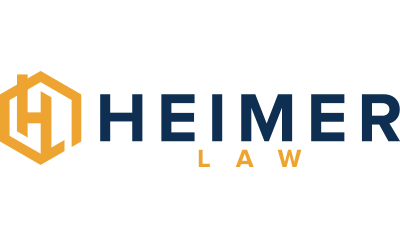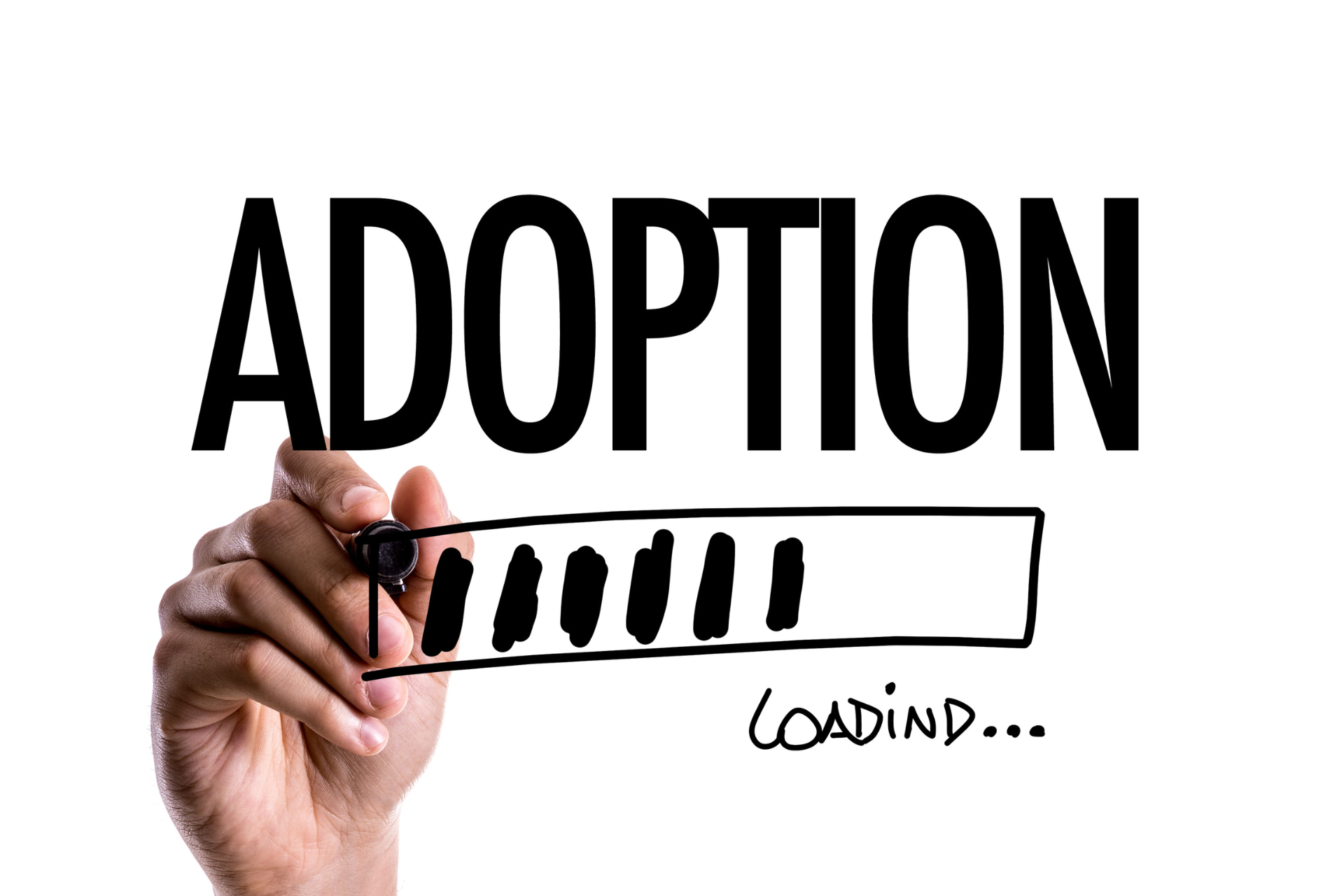Artificial intelligence tools help companies with hiring, connect dating partners, and recommend the next movie you should watch. Could they also help with adoption matching? It seems like a good possibility. After all, AI algorithms can process vast amounts of data, identify patterns, and make clear recommendations. So maybe it’s worth trying to let AI tools help with adoption matching.
How AI tools could help with adoption matching
AI can analyze data from various sources, including child profiles, parent preferences, and adoption agency records. This information could help identify potential matches based on factors like age, gender, ethnicity, and special needs. By considering a wide range of factors, AI can provide personalized recommendations for adoptive parents quickly. AI can automate many aspects of the matching process, saving time and resources for adoption agencies and parents. AI tools can make recommendations based on objective data rather than subjective factors.
AI could also use predictive analytics to identify potential challenges or roadblocks in the adoption process, allowing adoption professionals to intervene early and address issues proactively.
…or not
However, AI tools used for hiring, sentencing criminals, and making other kinds of judgements have shown in the past that they can show as much bias as human beings, if not more. For example, Amazon had to give up a hiring algorithm that discriminated against women. Since the company had a prior history of favoring men in hiring, the algorithm concluded that men were better suited to their jobs. It eliminated candidates who were obviously female. In another example, researchers found that AI tools were more likely to identify pictures of white men as doctors and black men as criminals, even when those pictures were AI-generated and not related to any actual humans.
AI tools make decisions based on patterns they notice. Statistically, for example, children older than 8 years are less likely to be adopted. An AI tool might decide that children over age 8 are less adoptable and fail to recommend matches for these children. This is an obvious example, but AI tools see patterns in data that human observers might miss. That could keep human common sense from intervening in cases of AI bias.
How it could work
There are real-world examples of AI adoption matching tools. One is Family-Match. Adults who have been approved as adoptive parents can fill out a free profile at their website. Child welfare workers and adoption agencies can add information about children to the Family-Match database. Then, just like Hinge or eHarmony, the Family-Match algorithm identifies possible matches between children and hopeful adoptive parents.
We can already see plenty of complications. For one thing, adoption laws are different from one state to another. A national clearing house will have some immediate problems, especially as they’re building their pool of potential matches.
However, we don’t have to speculate. Florida, Georgia, and Virginia all had pilot programs using Family-Match to expedite their placement plans. Virginia and Georgia dropped their pilot programs after a year, having found that it only produced one or two matches. An Associated Press investigation reported that both states’ social workers found that the tool sent them to families who were not willing to accept the matched children. They also found that all the children they put into the system were matched with the same small group of hopeful parents.
Florida had a better experience. According to Family-Match records, 431 adoptions took place during their 5-year stint in Florida. Associated Press reported discrepancies in the data compared with the information they gathered from social workers in Florida.
The investigation also highlighted concerns about data privacy and ownership.
The bottom line?
While the idea of letting AI tools help with adoption matching may be intriguing, it’s not ready for prime time yet. For the moment, human relationships between expectant parents, children and adults in the foster care system, hopeful adoptive parents, and adoption professionals are the best way to make those connections. Adoption attorneys are the people you need to finalize adoptions, no matter how the involved parties meet. Heimer Law has extensive experience and great compassion for all the people we help. Contact us with any questions about your adoption journey.
Inquiry Form
